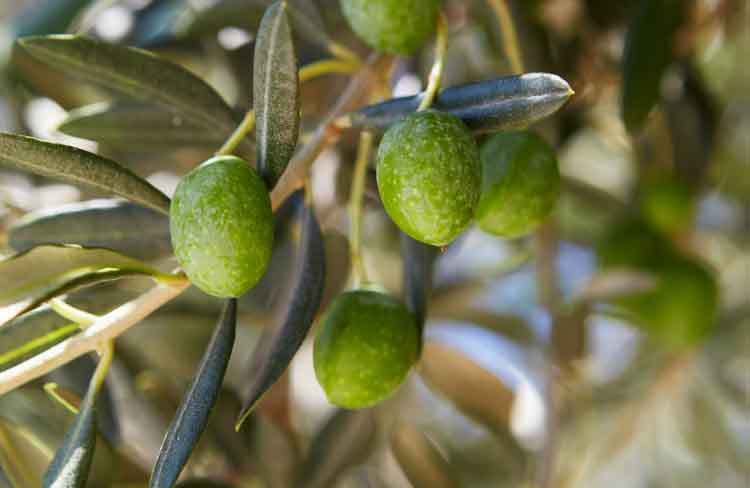
The president of the Andalusian Institute of Agricultural Research and Training, Fisheries, Food and Organic Production (Ifapa), Marta Bosquet, and the coordinator of the area of Agroindustry and Food Quality of the institute, José Manuel Moreno, have inaugurated the presentation of a new Ifapa project to obtain low-salt table olives and replace sugar in canned fruit.
"Talking about the agribusiness sector in Andalusia is talking about a very powerful sector," said Marta Bosquet, who has clarified that, however, "faces very important challenges such as changes in consumer tastes." In this sense, Bosquet has valued the work of Ifapa "listening to the needs of the sector, researching and transferring all that knowledge to help them become more competitive and sustainable.
This new knowledge transfer project, coordinated by researcher Jesús Pérez, seeks to propose solutions in the production process of two types of traditional products such as table olives, affected by their salt content, and sweetened fruit preserves (jams, jellies and fruit in syrup) due to their sugar content.
The objective is to provide manufacturers with the appropriate technological solutions to respond to changes in consumption profiles, making these emblematic vegetable products in Andalusia compatible with current health standards.
In addition, the project presented in Cordoba also proposes the development of a proposal for technical conditions for the use of the mention of artisan product in processed vegetables, since there is still no development standard applicable to this sector. To this end, Ifapa researchers will work with the heads of companies with the possibility of achieving the artisan category.
Specifically, table olives are the vegetable preserve with the highest export volume and the one that reaches the highest consumption figures among the Andalusian and national population. It is a sector in which Spain is the second largest producer in the world.
At the national level, Andalusia is the autonomous community with more companies ensavasadoras and entamadoras of this product, with Seville standing out as the province with more production. This Ifapa project, financed with European funds, aims to promote an industry that brings together many small factories and bakeries so that they can adapt their production to the new consumer standards.
